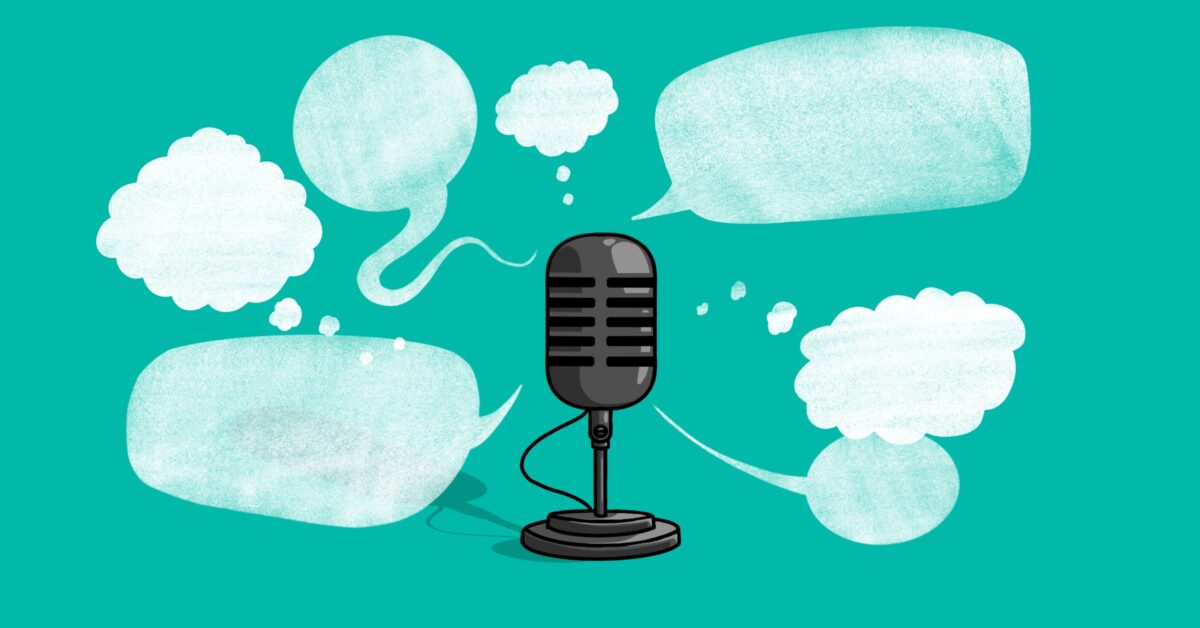David Abram: The Spell of the Sensuous
In this episode of Spoken Earth, Adam Weymouth speaks with the environmental philosopher David Abram about the ecology of our senses and how our words shape our view of the world.
 This original podcast series is uncovering the deeper ideas and philosophies behind the environmental movement. Award-winning author and explorer Adam Weymouth conducts in-depth interviews with some of the world’s most interesting environmental thinkers, academics and activists, discussing everything from economics to anthropology, and human rights to history.
This original podcast series is uncovering the deeper ideas and philosophies behind the environmental movement. Award-winning author and explorer Adam Weymouth conducts in-depth interviews with some of the world’s most interesting environmental thinkers, academics and activists, discussing everything from economics to anthropology, and human rights to history.
In this episode of Spoken Earth, Adam Weymouth speaks with the environmental philosopher David Abram about the ecology of our senses and how our words shape our view of the world.
In this episode of Spoken Earth, Adam Weymouth speaks with Max Ajl about what a true eco-socialism would look like, and how the world might get there.
In this episode of Spoken Earth, Adam Weymouth discusses overpopulation with Betsy Hartmann, who argues that blaming the planet’s problems on overpopulation is not only a fallacy, but a racist one that plays into the hands of the far right.
In this episode of Spoken Earth, Adam Weymouth discusses the work of forest ecologist Suzanne Simard, who has spent a lifetime uncovering the hidden networks that bind the forest together.
In this new episode of Spoken Earth, Adam Weymouth speaks with Professor Peter Staudenmaier, about the historical overlap between environmentalism and far right thought, and the growing trends of eco-fascism today.
“Systemic racism goes through everything. Even environmental issues.” Dr Beverly Wright, founder of the first environmental justice centre in the US, talks about racism in the environmental movement and the inextricable link between environmental justice and racial justice.
In this episode of Spoken Earth, Adam Weymouth speaks with Jojo Mehta about Stop Ecocide’s campaign for the International Criminal Court to recognise ecocide as a crime.
In the third episode of Spoken Earth, Adam Weymouth speaks with the Scottish writer, academic and activist Alastair McIntosh. About Alastair McIntosh is a Scottish writer, academic and activist. He is the author of several books, including Poacher’s Pilgrimage and Hell and High Water, and most famously, Soil and Soul: People Versus Corporate Power. McIntosh… Read more »
By investigating one of the world’s most sought-after fungi, anthropologist Anna Lowenhaupt Tsing presents original ideas on the relation between capitalist destruction and collaborative survival.
Anthropologist, writer and filmmaker Hugh Brody first ventured to the Arctic at the age of 28, going on to live there for many years, learning several Indigenous languages and investigating the hunter-gatherer view of the world.
This three-part podcast series asks what access to Covid-19 vaccines shows us about global health inequalities, why the at-risk are being neglected and how young people are being affected. A series of interviews explore the human rights issues that have evolved, and which have been exacerbated, during the pandemic.
This third and final episode of this podcast series hands the microphone to younger people. Law graduate Christina Amofa speaks with three fellow students with diverse experiences about the unique issues that young people have faced during the Covid-19 pandemic.
Are human rights really for everyone? This podcast episode explores how the Covid-19 pandemic and vaccine roll out raises questions about how we prioritise healthcare and why we accept gross inequalities.
Belinda Rawson asks Dr Katrina Perehudoff, a health scientist and legal scholar, whether nation-states have an obligation to help others in a global health crisis.
Can protest create lasting change? In this short podcast Payal Shah explores the protests surrounding two notorious rapes in India, asking what lasting effects they might have on Indian feminism.
In this new episode of Orders in Decay, Olivia Stanek, recent graduate of the University of Warwick, introduces us to a feminist protest anthem that has swept across the globe, pointing the finger back at the State as the source of discrimination against women.
What does black make you think of? Sadness? Mourning? How about power, rebellion, coolness, solidarity? In this episode of Orders in Decay, join recent graduate of the University of Warwick Ala Lysik as she discovers how women fighting for their right to abortion in Poland have given the colour black a whole new layer of meaning.
How did a city of people wage a war against a seemingly unconquerable consortium of opponents and win?
Inspired by the experience of her relatives in Zimbabwe, law student Anoshamisa Gonye investigates why governments are resorting to internet shutdowns in the face of civil protests.
A podcast series from the Migrants' Law Project exploring how the law can be used for social change. The first episodes tell the story of young refugees stuck in camps in northern France and how lawyers worked to open safe and legal routes to reunite them with their families in the UK.
A Syrian businessman discovers the harsh reality of life in the jungle, a British community organiser is moved to visit Calais and tries to help, and lawyers look to European Union asylum law for a solution.
Episode one opens in 2015. We meet Kotaiba, a 15-year-old Syrian refugee who finds himself in Calais looking for a safe way to reach his brother and sister in the UK. Meanwhile, across the channel, two English lawyers Sonal Ghelani and Charlotte Kilroy have just emerged from a long legal battle for refugee rights in the UK, when they realise another injustice is about to erupt on their doorstep.